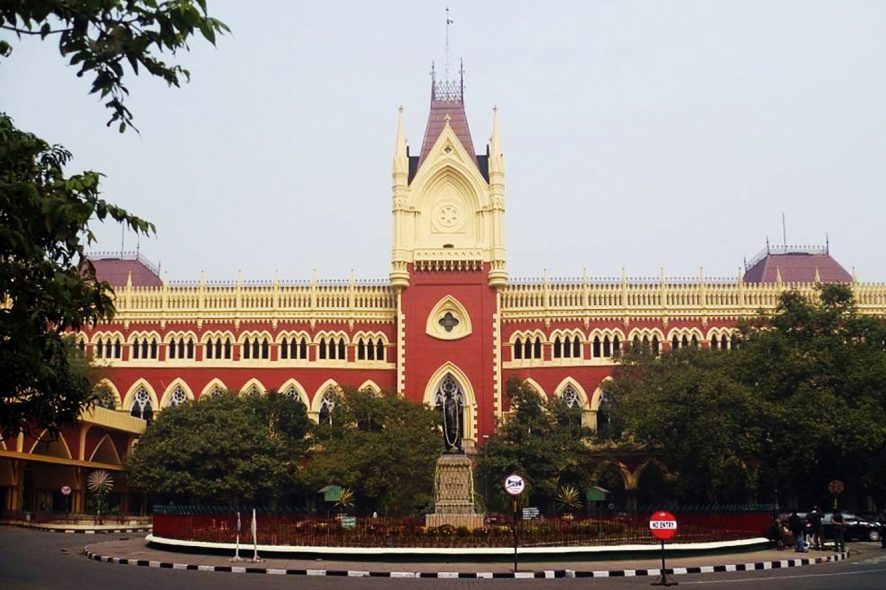Calcutta High Court: Bibek Chaudhuri, J., expressed that, voluntary presents given at or before or after the marriage to the bride or the bridegroom, as the case may be, of a traditional nature, which are given not as a consideration for marriage but out of love, affection on regard, would not fall within the mischief of the expression ‘dowry’ made punishable under the Dowry Prohibition Act.
Appellants were convicted for committing an offence under Sections 498-A and 304-B Penal Code, 1860.
It was submitted that the de facto complainant would give a gold chain to the appellants within 6 months of the marriage of his daughter Soma with Netai Ghosh (appellant 1). immediately after marriage, the appellants started abusing Soma with filthy language. The same was conveyed by the daughter to the de facto complainant and other paternal relations. Soma’s husband also physically assaulted her.
Demand of Dowry
Later, de facto complainant came to know that his daughter Soma died consuming poison and according to him Soma committed suicide failing to bear physical and mental torture on demand of dowry inflicted upon her.
Trial judge held the appellant guilty for committing offence under Section 498A and 304B of the Penal Code, 1860.
In the instant case, the marriage of Soma was solemnized only before 44 days of her unnatural death.
Analysis and Decision
In a case of cruelty and dowry death, direct evidence is hardly available, and it is the circumstantial evidence and the conduct of the accused persons to be taken into consideration.
In the present matter, it was alleged in the FIR that the mother-in-law of the deceased used to abuse the deceased with filthy language as her father failed to give a gold chain at the time of the marriage
Allegation of cruelty and unnatural death of the deceased was made by the defacto complainant only after the death of the deceased.
Further, it is significant to note that the de facto complainant did not state in the FIR as well as in course of his evidence that the accused persons demanded dowry as a consequence of marriage.
Definition of expression “dowry” contained in Section 2 of the Dowry Prohibition Act, 1961 cannot be applied merely to the “demand” of money, property or valuable security made at or after the performance of marriage.
Elaborating more on the concept of dowry, it was expressed that under Section 4 of the Act, mere demand of dowry is not sufficient to bring home the offence of an accused.
Any demand of money, property or valuable security made from the bride or her parents or other relatives by the bridegroom or his parents or other relatives or vice versa would fall within the mischief of “dowry” under the Act where such demand is not properly referable to any legally recognized claim and is relatable only to the consideration of marriage.
It was noted that there was absolutely no evidence that prior to her death the witnesses being PW1, PW2, PW4 and PW5 and others try to settle the alleged dispute between the parties during the lifetime of Soma.
As per the evidence Soma was ill-tempered, therefore, if at any incident of quarrel broke between the appellants and Soma, her nature was not such that she would silently digest the allegations made against her.
Since trial Judge failed to consider the above circumstances while holding the accused persons guilty and prosecution failed to prove the cause of death of the deceased, High Court set aside the decision of trial court. [Netai Ghosh v. State of West Bengal, 2021 SCC OnLine Cal 1938, decided on 21-06-2021]
Advocates before the Court:
For the Petitioner: Younush Mondal, Adv.
For the State: Swapan Banerjee, Adv., Suman De, Adv.







